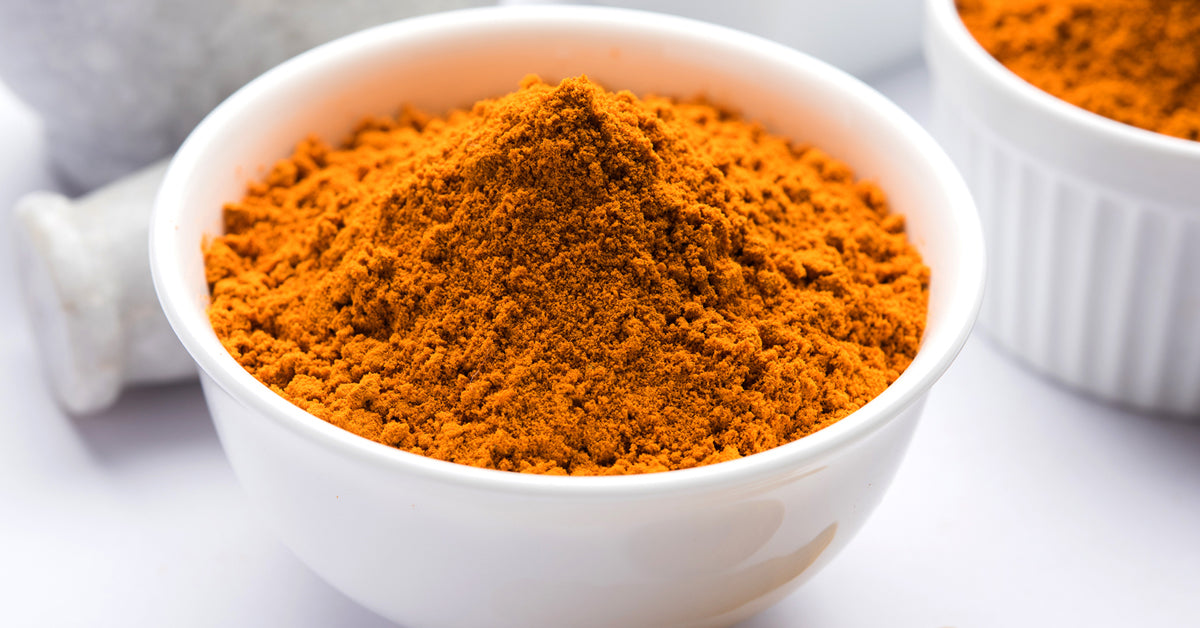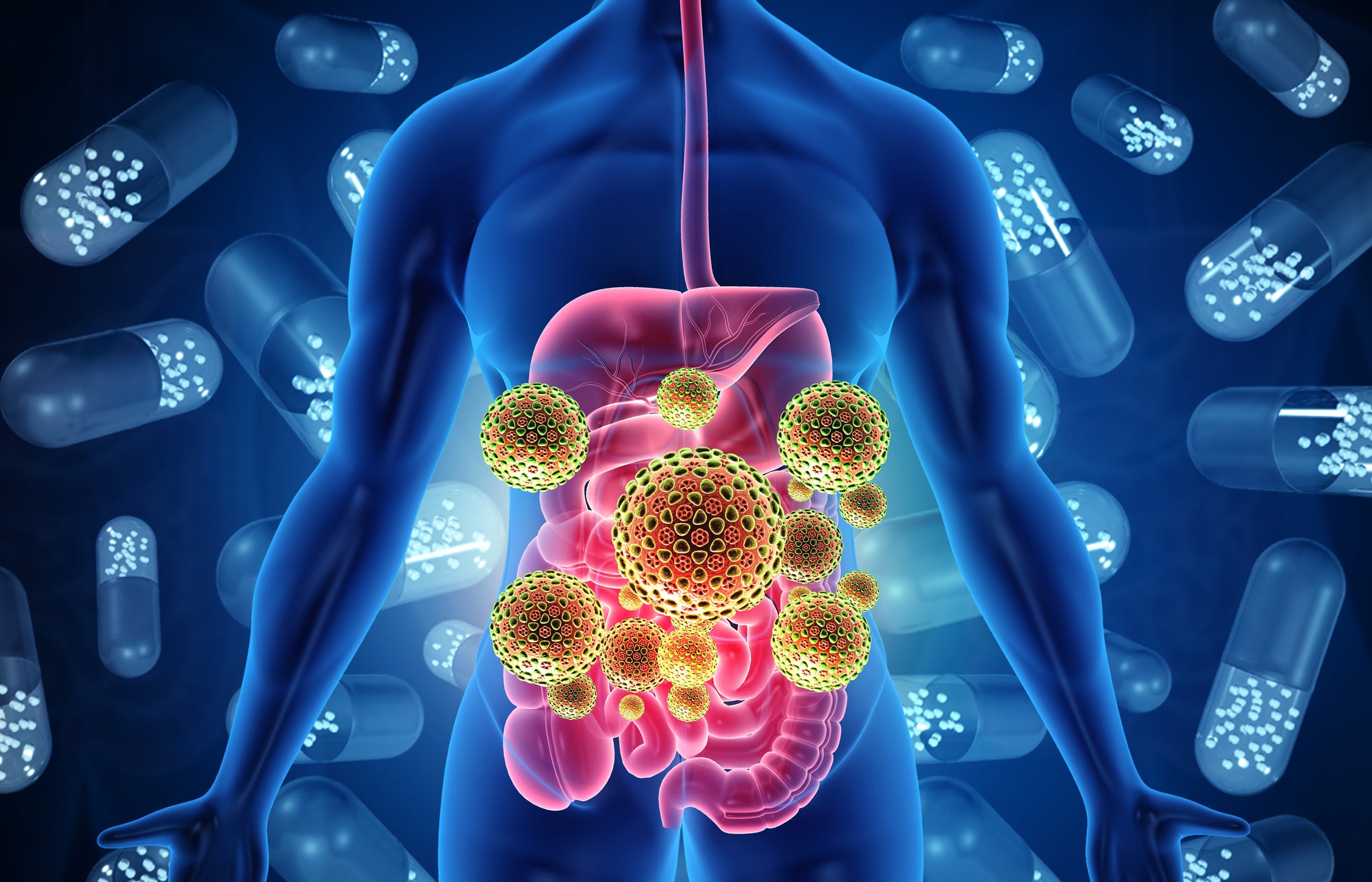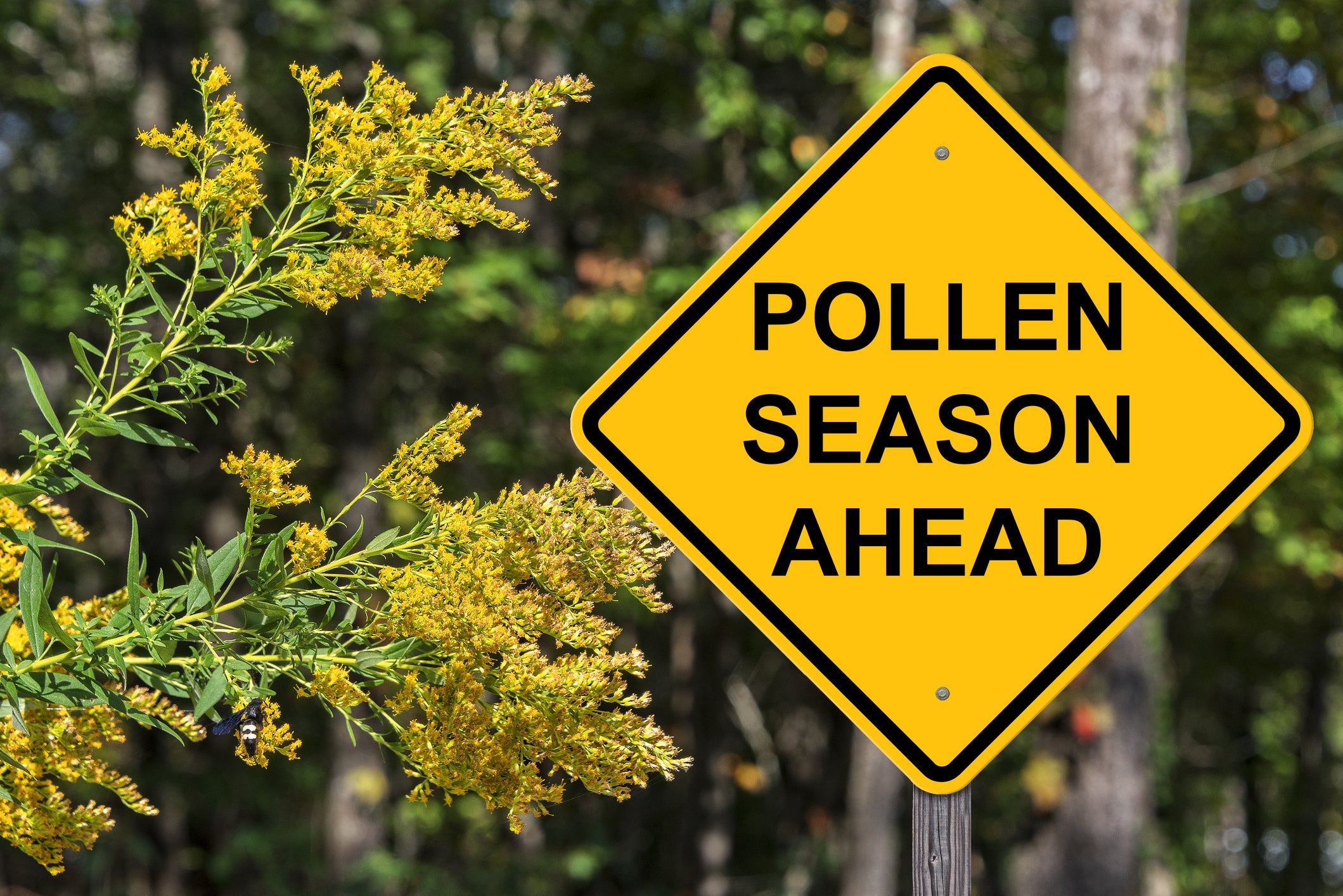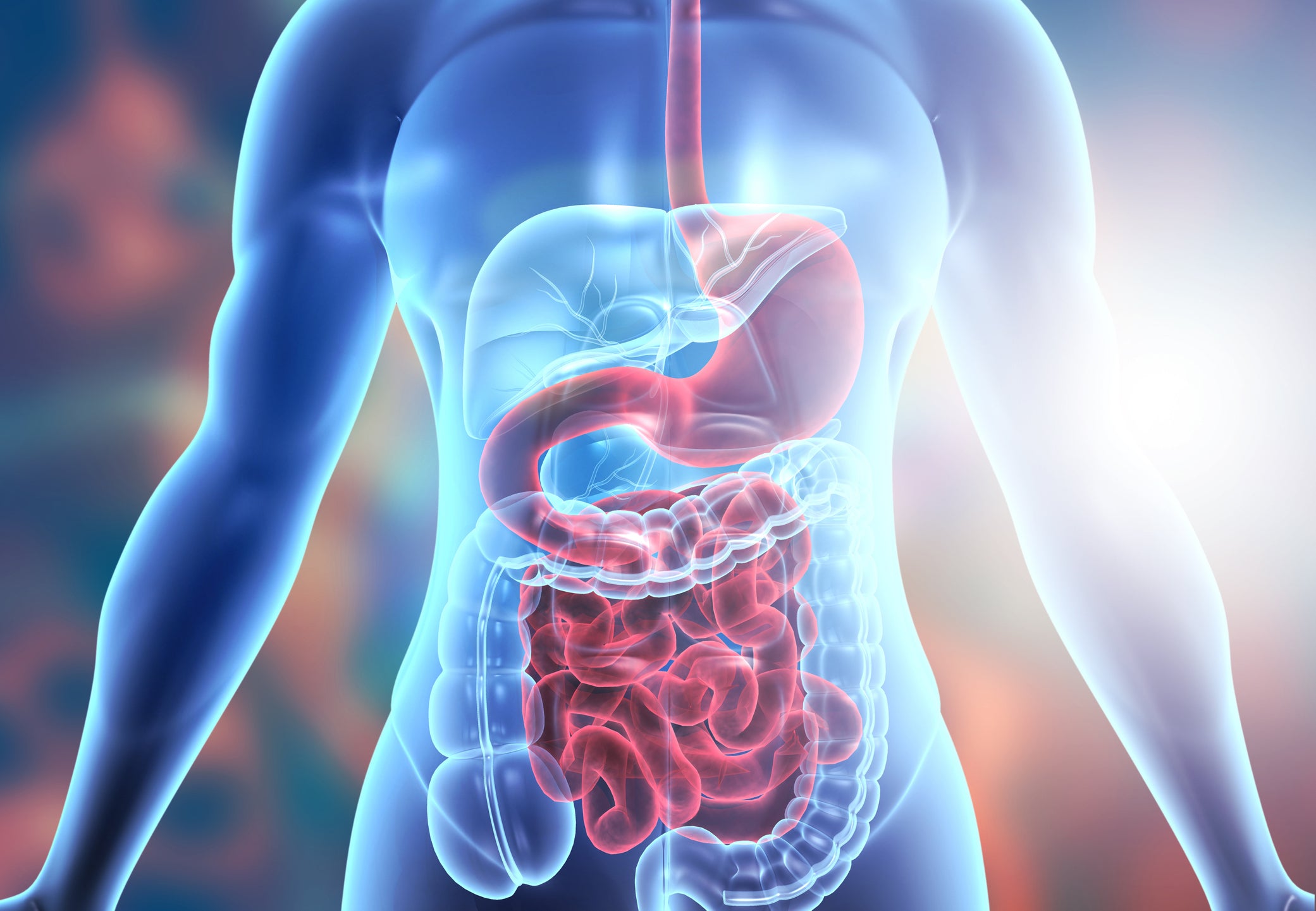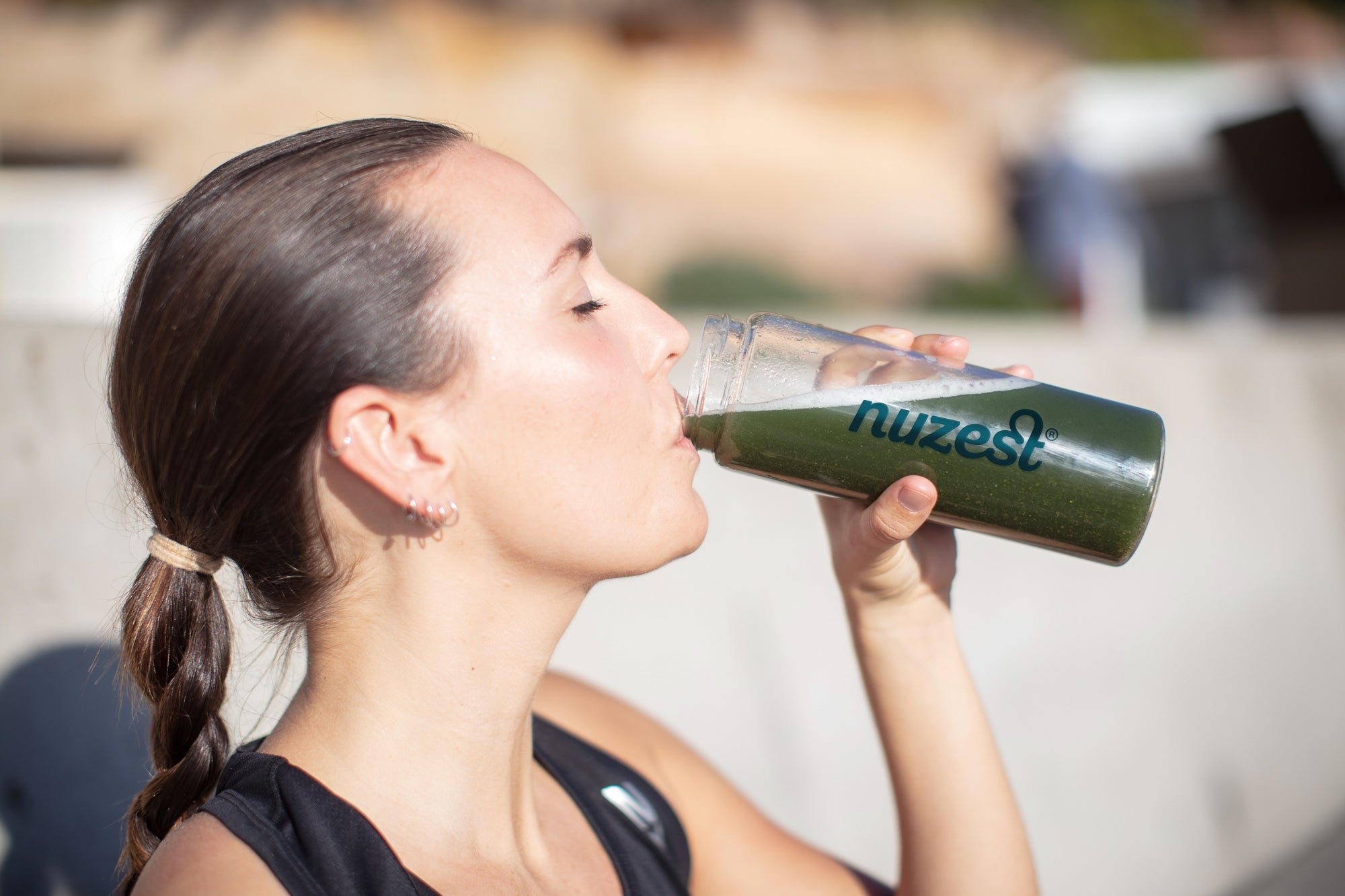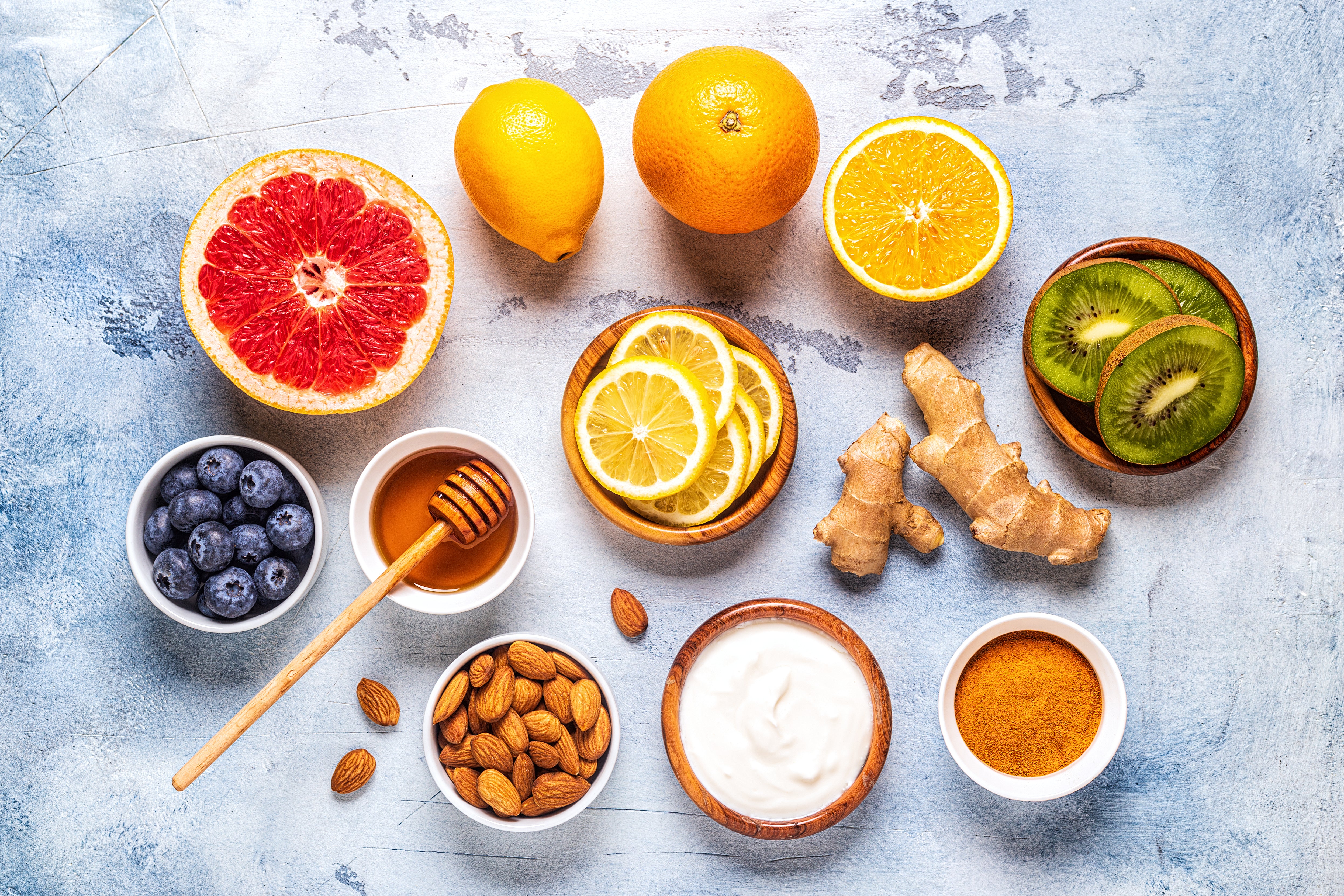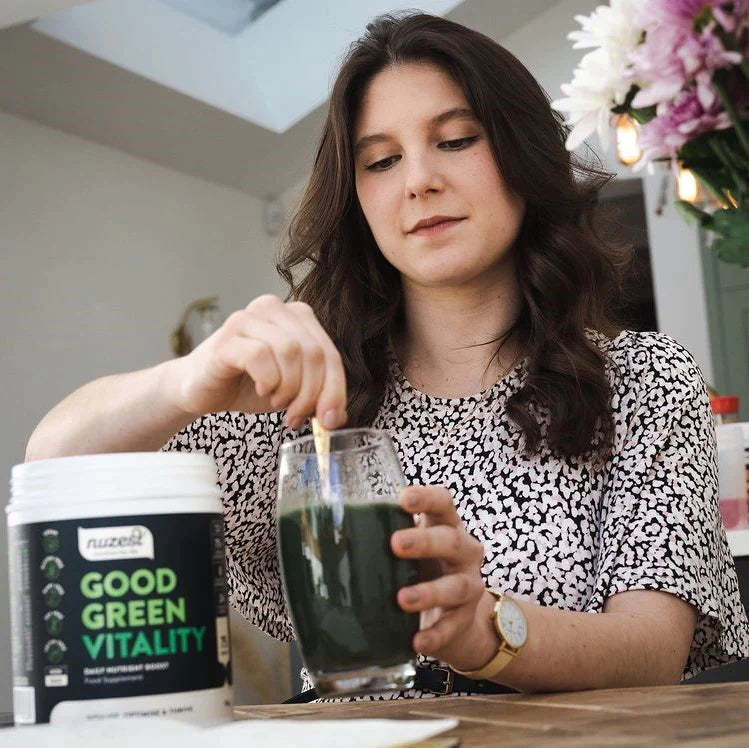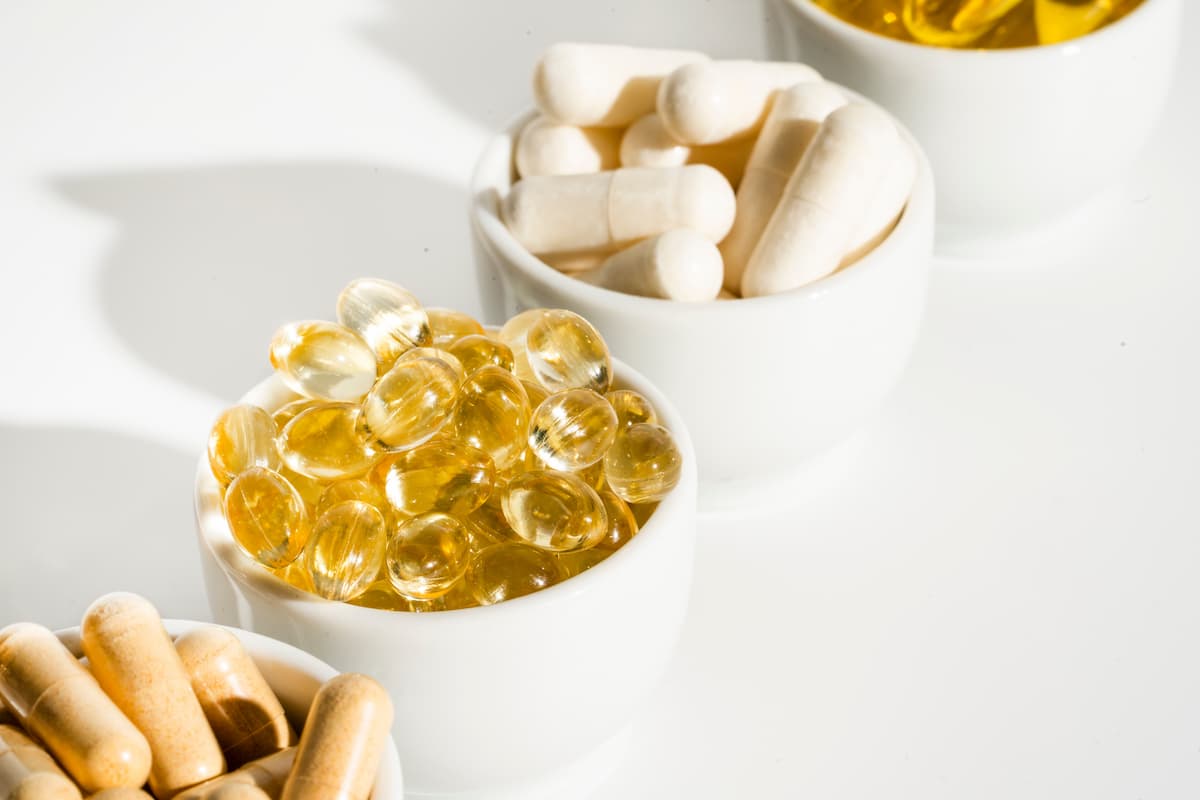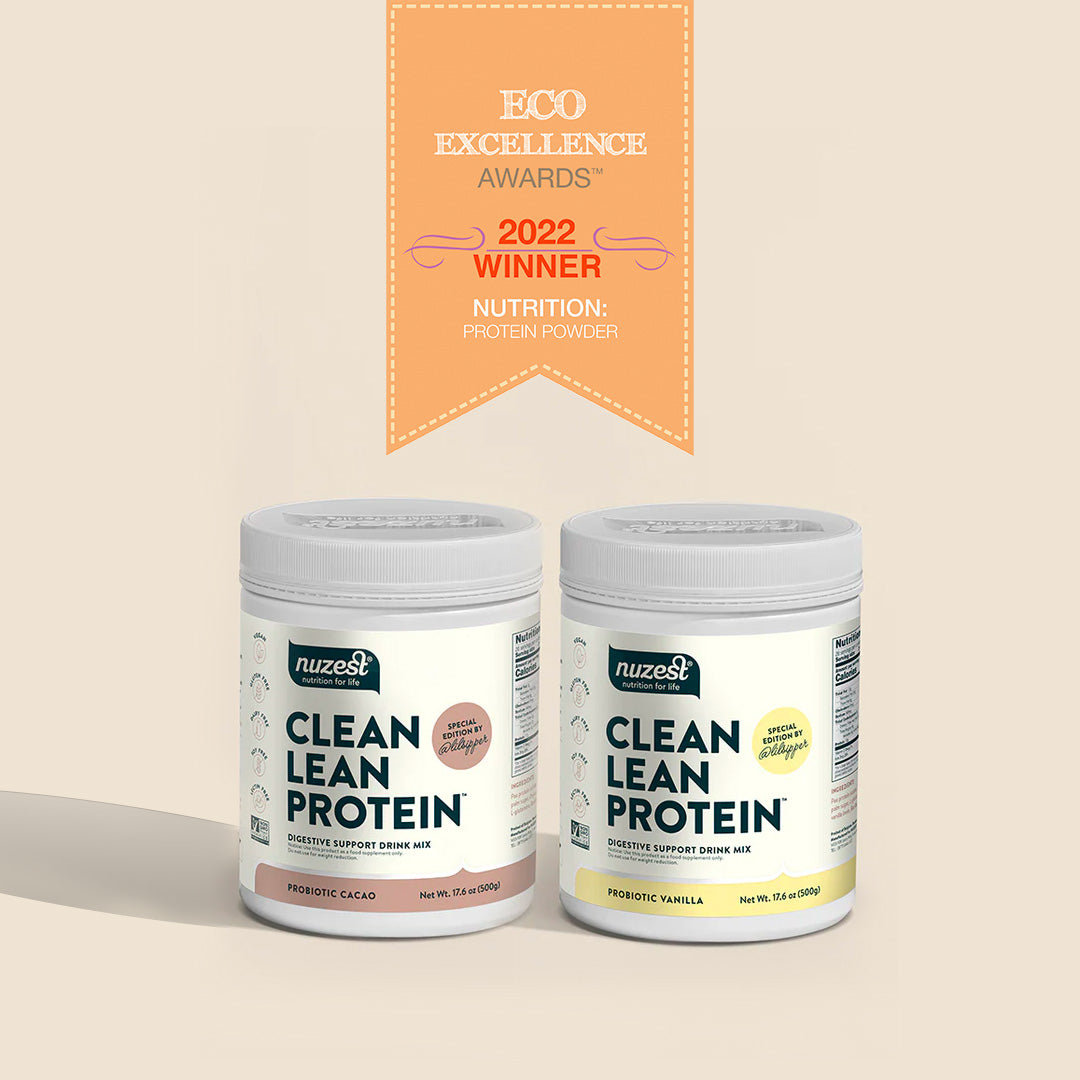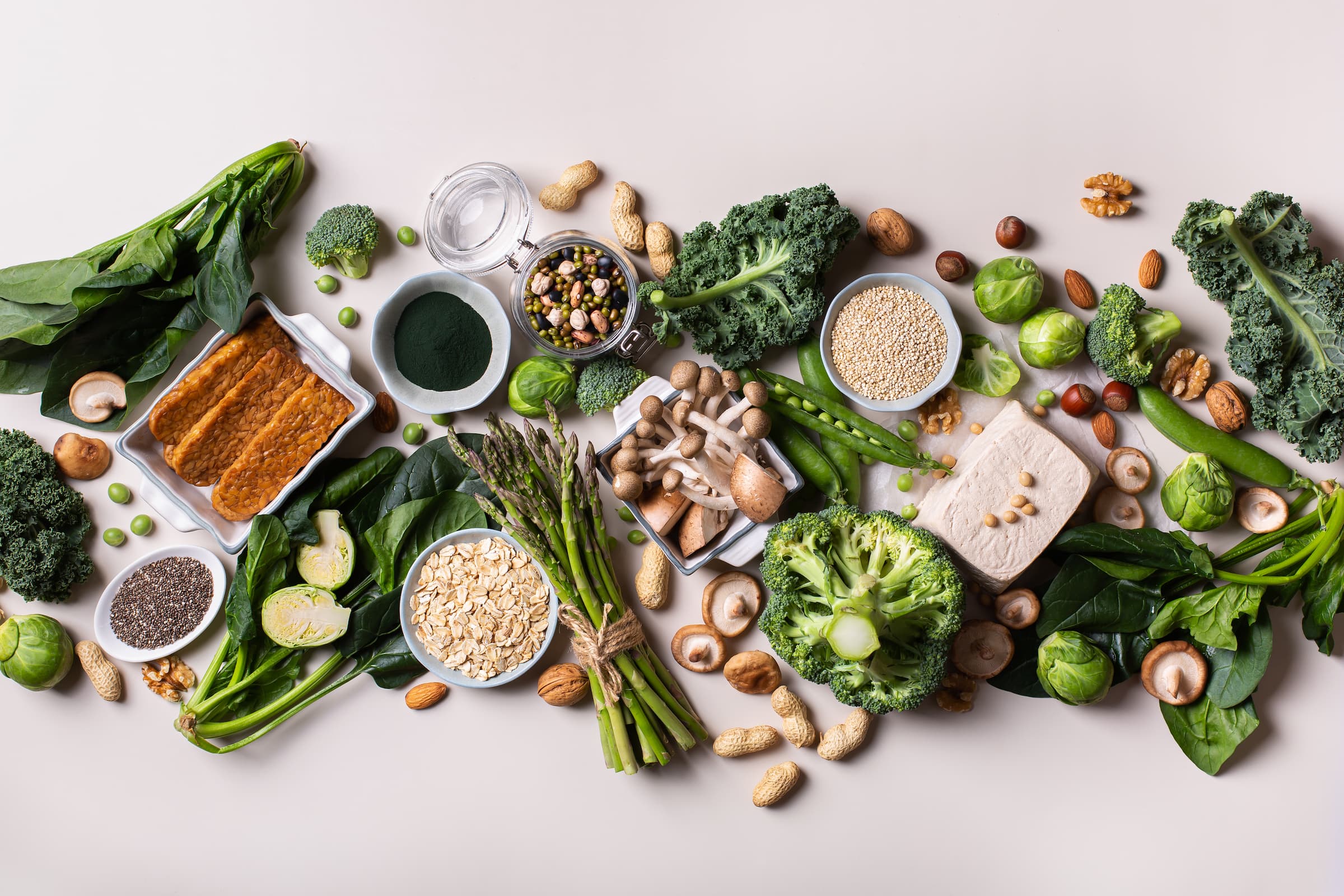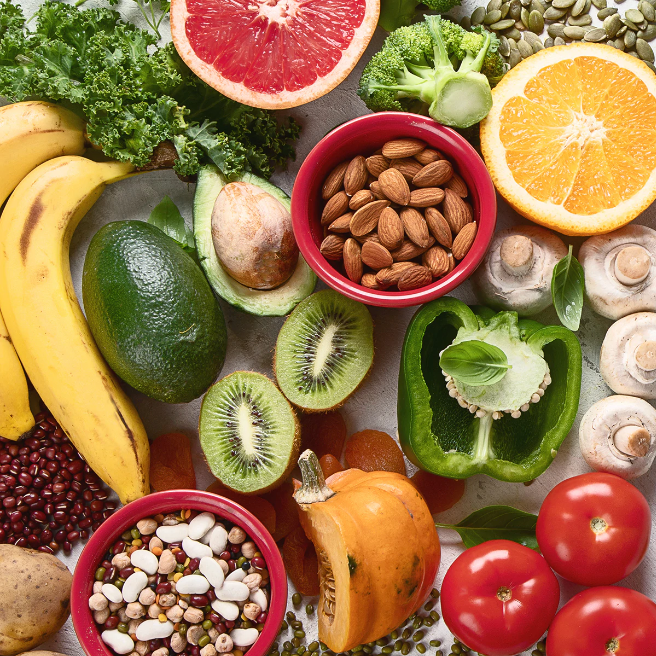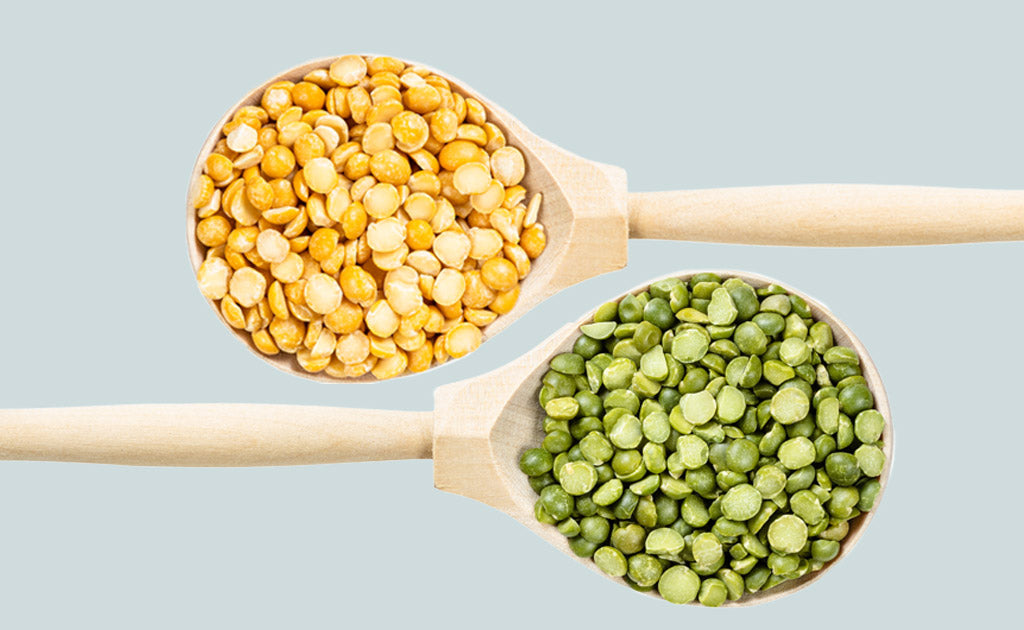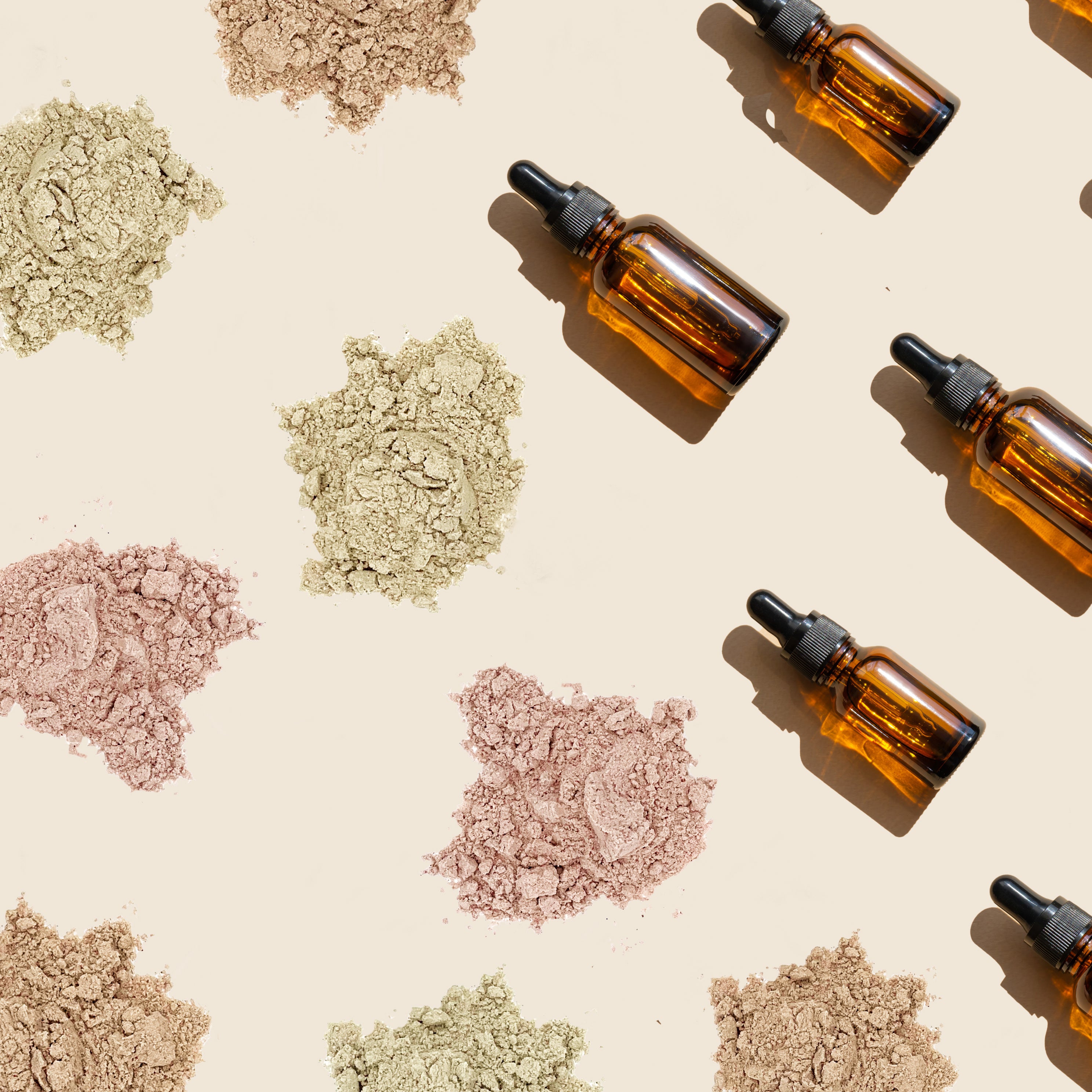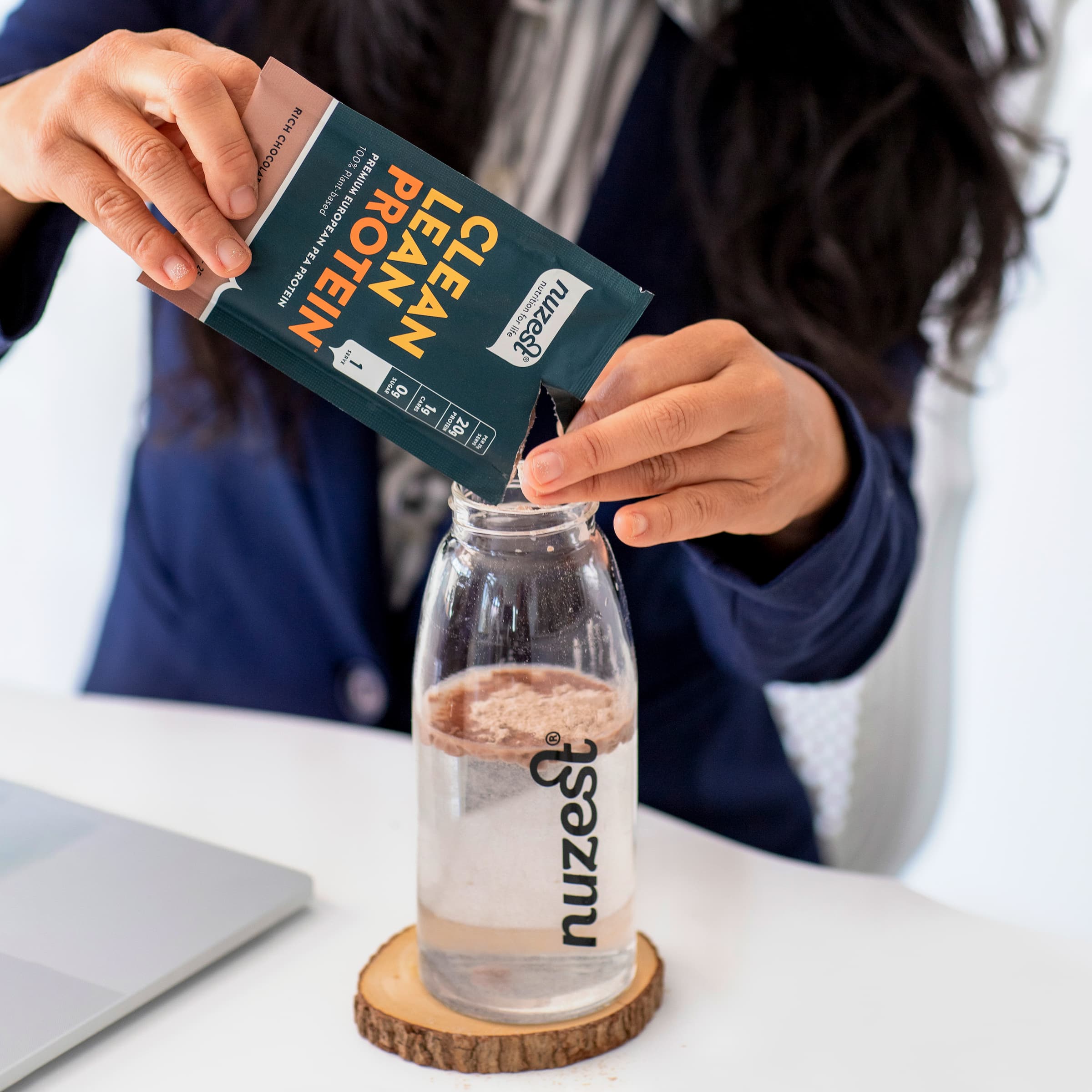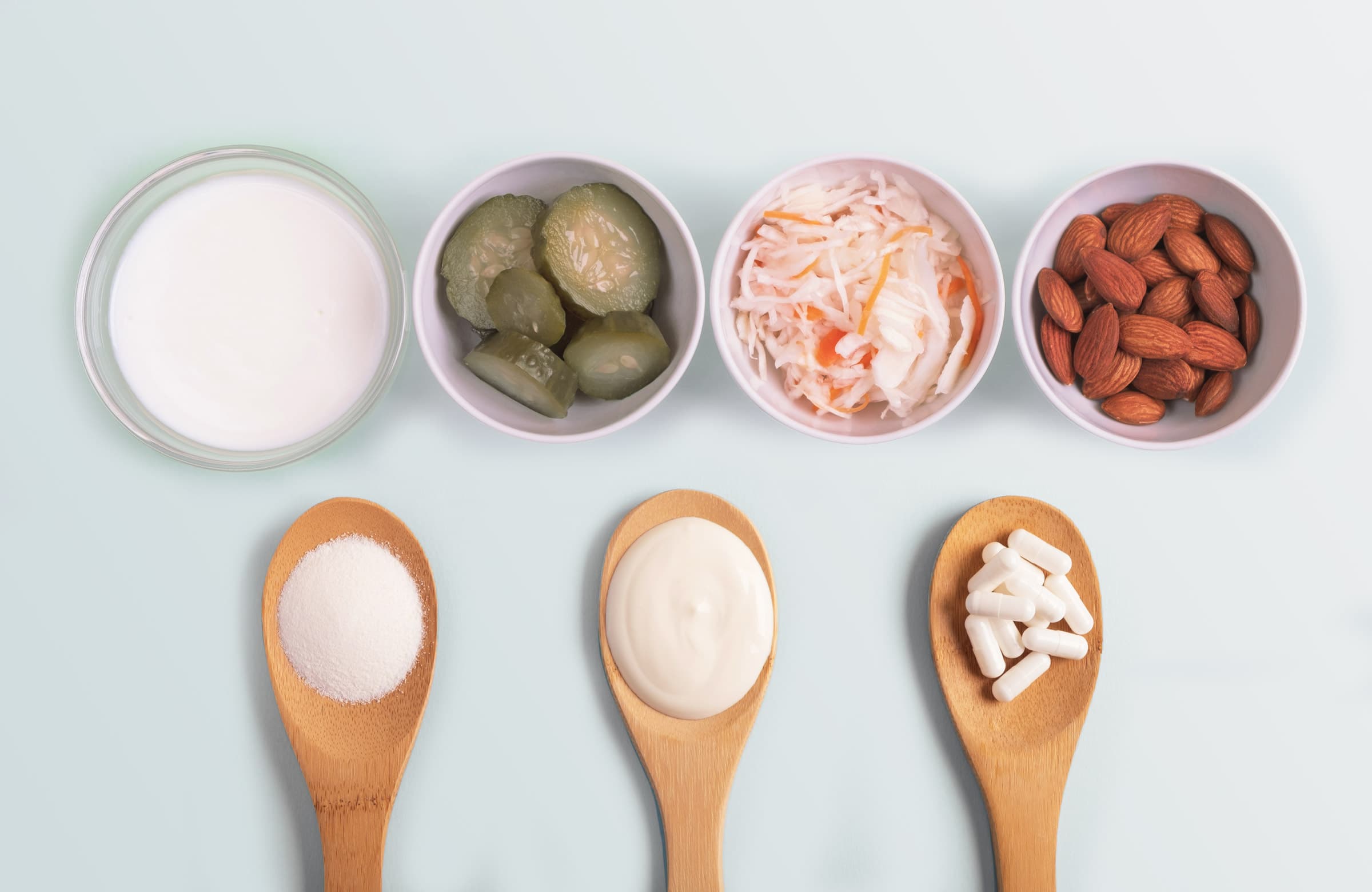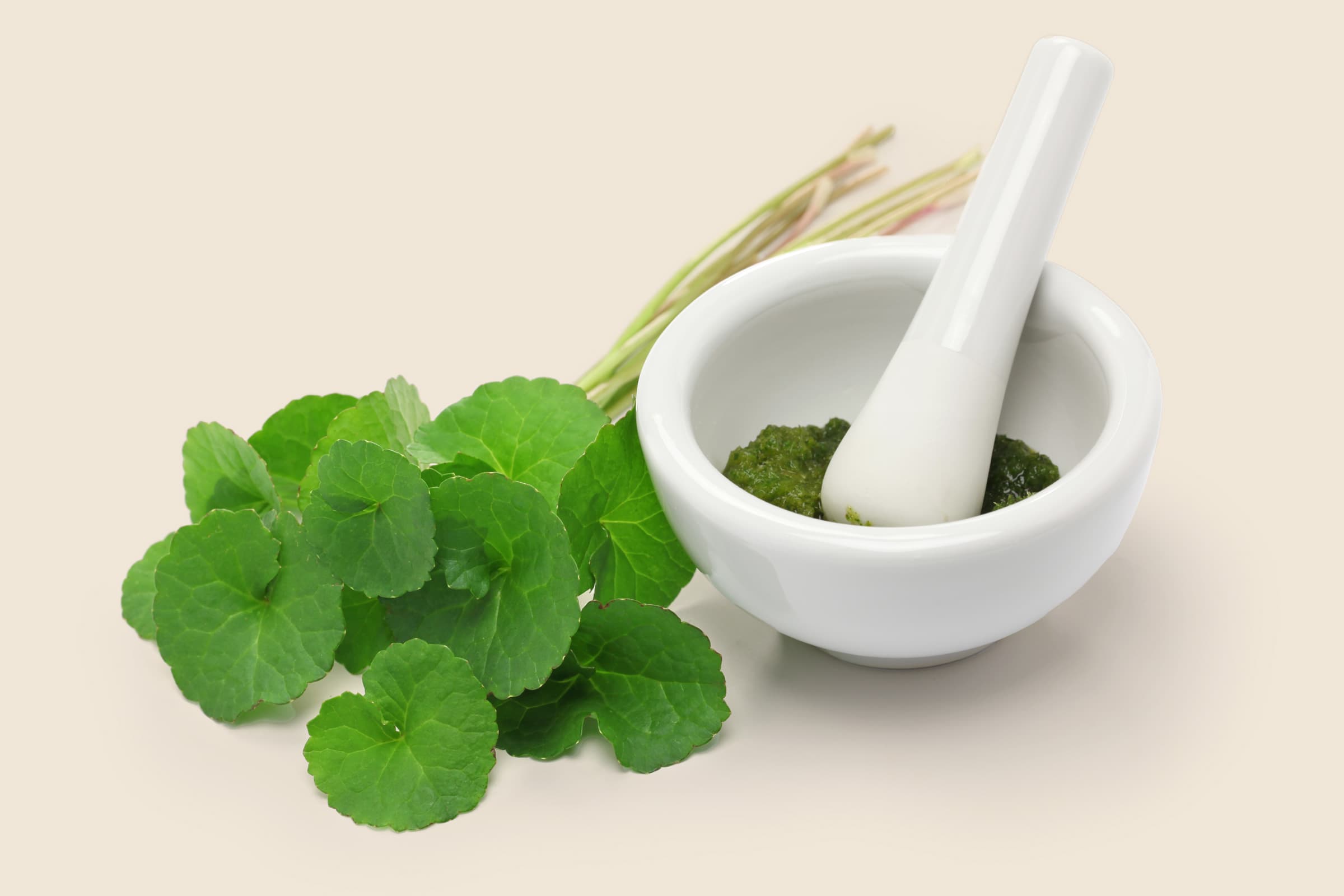Turmeric is one of the trendiest spices on the market. But did you know, in addition to its great taste, it’s also comes with health benefits? Read below to learn more about why you should have turmeric every day.
What is Turmeric?
Turmeric is a golden-yellow spice, commonly used in Indian cooking, that contains the bioactive compound curcumin. Curcumin has strong anti-inflammatory and antioxidant effects that are likely to have a wide range of beneficial health outcomes.
While more research is needed, there is strong evidence that curcumin reduces pain, inflammation, anxiety, and improves mood¹, with promise for treating irritable bowel syndrome, osteoarthritis, colon health, and improving muscle strength, and weight loss².
How Much Turmeric Should You Consume and Why You Should Consume Turmeric Every Day?
Obtaining the benefits of turmeric is not as simple as adding a dash to your cooking. The real benefit of the golden-yellow spice comes from curcumin – which makes up around 5% of the spice. In its natural state, curcumin is poorly absorbed in humans. Oral supplementation³ of approximately 80-500 mg is likely required to see any benefit4, with some studies showing that even higher amounts may not always produce meaningful effects5.
One thing that we do know is that the bioavailability of curcumin, meaning the amount your body can absorb, is greatly increased in the presence of black pepper. Absorption is necessary for anti-inflammatory effects outside of the small intestine. Piperine, a black pepper extract, has been found to increase the bioavailability of curcumin by 2000%6. As a fat-soluble compound, fats and oils and supplements containing phosphatidylcholine7 also aid curcumin absorption.
Bottom line: Use a curcumin product that contains piperine (black pepper) and phosphatidylcholine, or have turmeric with black pepper and healthy fats such as MCT, coconut oil, flax or hemp oil.
Why you should have turmeric every day
1. Contains anti-inflammatory and antioxidant properties
The benefits that result from curcumin supplementation largely come from its anti-inflammatory properties. Free radicals, which can lead to oxidative stress, cause harm to the body by damaging body cells. Higher amounts of free radicals has been connected to central nervous system conditions, cardiovascular disease, joint pain, diabetes, and genetic degenerative diseases. A possible benefit, reducing total body inflammation, is a strong reason why you should have turmeric every day.
2. May reduce symptoms of osteoarthritis
Osteoarthritis is a degenerative disease of the joints with an underlying inflammatory cause, largely affecting the older population. Compounds with anti-inflammatory properties, such as curcumin, have been hypothesized to be potential treatment agents. While more research is needed, some studies have shown8 that patients with osteoarthritis showed improvements in pain, physical function, and quality of life after taking curcumin.
3. Reduces delayed onset muscle soreness (DOMS)
By reducing both oxidative stress and inflammation, curcumin has been shown to interact with multiple inflammatory pathways to reduce muscle soreness following strenuous activity. Delayed onset muscle soreness, most commonly called DOMS, is the soreness athletes experience approximately 24-hours following activity. 200 mg of curcumin was found to significantly reduce pain9 in the 24-hours post-exercise.
4. Supports mental health
Curcumin is thought to aid mental health primarily through its anti-inflammatory and antioxidant actions but it might also act as a monoamine oxidase (MAO) enzyme10 inhibitor (the enzymes which breaks down neurotransmitters such as serotonin). Other studies have found that curcumin might also be useful in treating anxiety.11 A systematic review article12 of studies performed found that curcumin may be effective in treating OCD, PTSD, bipolar disorder, and other psychiatric disorders and has the strongest evidence for the treatment of major depressive disorder.
5. Improvements in inflammatory bowel diseases
Curcumin has been shown to reduce the effects of ulcerative colitis in a review of three studies13 and to reduce disease activity in Crohn’s Disease.14
6. Improvements in cardiometabolic markers of health
In a meta-analysis of 26 trials with 1890 participants, curcumin was demonstrated to improve blood glucose, triglycerides (fat in the blood), and cholesterol levels.15
How to Add More Turmeric Into Your Diet
While consumption from food alone likely won’t always give you a meaningful dose of curcumin, that doesn’t mean it’s not worth adding, especially if you add pepper and healthy fats to boost absorption! Turmeric is rich in a range of other antioxidant chemicals and micronutrients beneficial to health. Turmeric forms the foundation of south asian curries and can be used to add some spice to your favorite dishes.
Also try adding a pinch to your salad dressing, smoothies, or juices to give them a bit more spice. You can also add it to your vegan “scrambled eggs” with tofu, nutritional yeast, and turmeric! And boost your intake with Chai Turmeric + Maca Clean Lean Protein.
These are just a few of the reasons why you should have turmeric every day. What are your favorite uses for turmeric?
References
- https://examine.com/supplements/curcumin/
- https://www.tandfonline.com/doi/abs/10.1080/07315724.2017.1392263
- https://www.ncbi.nlm.nih.gov/pubmed/18628464
- https://www.ncbi.nlm.nih.gov/pubmed/11712783
- https://www.ncbi.nlm.nih.gov/pubmed/11712783
- https://www.ncbi.nlm.nih.gov/pubmed/9619120
- https://www.ncbi.nlm.nih.gov/pmc/articles/PMC3918523/
- https://www.ncbi.nlm.nih.gov/pmc/articles/PMC5036591/
- https://www.fasebj.org/doi/abs/10.1096/fasebj.31.1_supplement.lb766
- https://www.ncbi.nlm.nih.gov/pmc/articles/PMC2929771/
- https://www.ncbi.nlm.nih.gov/pubmed/25776839
- http://journals.sagepub.com/doi/full/10.1177/0269881116686883
- https://www.amjmedsci.com/article/S0002-9629(18)30252-0/abstract
- https://www.sciencedirect.com/science/article/pii/S0965229917300870
- https://europepmc.org/abstract/med/30156145
